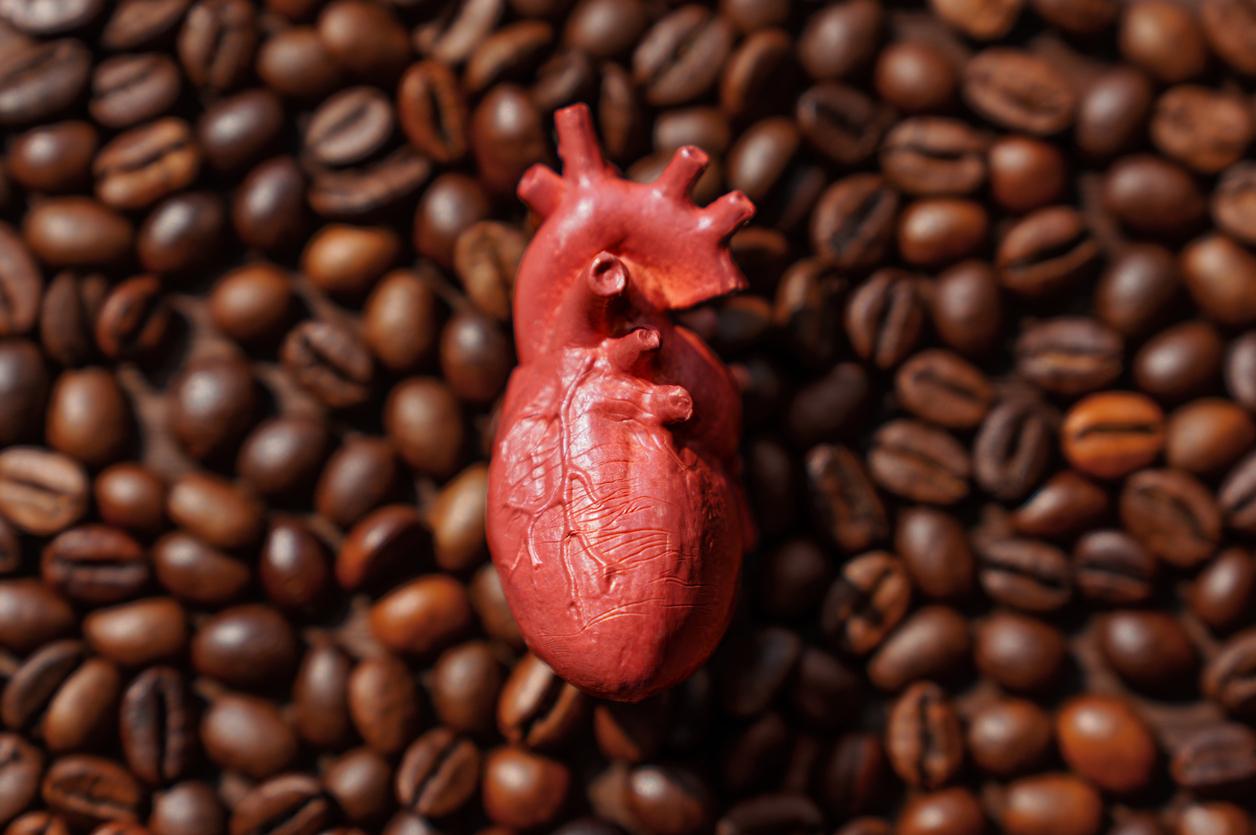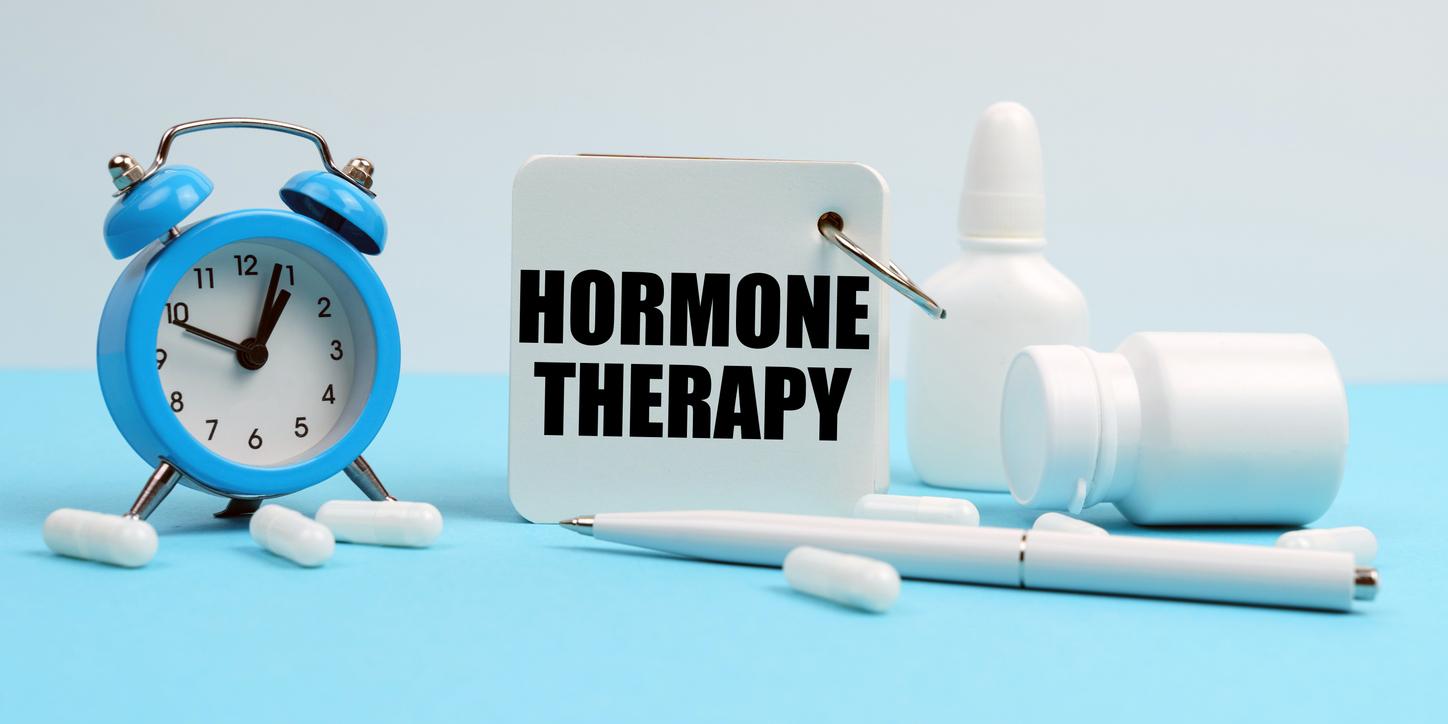Consuming more caffeine could improve the cardiovascular health of patients with rheumatic diseases, researchers say.

- A new study suggests that caffeine may improve the cardiovascular health of patients with inflammatory rheumatic diseases, such as lupus.
- Researchers have discovered that caffeine promotes blood vessel regeneration by stimulating endothelial cells, which are essential for their regeneration.
- These results must be confirmed because, although the anti-inflammatory effects of caffeine are well known, studies on its consumption often appear contradictory.
Cardiovascular diseases, such as heart attacks and strokes, are among the leading causes of mortality in the general population. But in patients with inflammatory rheumatic diseases, the risk is even higher. Until now, doctors’ recommendations have mainly consisted of eliminating aggravating factors: stopping inflammation, limiting cortisone-based medications and, more classically, stopping smoking, reducing cholesterol and controlling blood pressure.
A new study, published in the journal Rheumatologynow suggests that consuming more caffeine could improve cardiovascular health, particularly in patients suffering from chronic rheumatism, such as lupus or rheumatoid arthritis.
Better vascular health among caffeine consumers
To achieve this observation, researchers from Sapienza University in Rome (Italy) recruited 31 patients with lupus, without conventional cardiovascular risk factors. After asking the participants to fill out a questionnaire about their daily diet, they analyzed their blood in the laboratory to assess the condition of their blood vessels.
As a result, it appeared that patients who consumed caffeine, present in coffee, tea or even cocoa, benefited from better vascular health. According to research, in fact, caffeine could, by stimulating endothelial cells, promote the regeneration of blood vessel walls, a crucial condition for maintaining good cardiovascular health.

The anti-inflammatory effect of caffeine?
It has long been known that a diet low in sodium and rich in vitamins D and A, as well as polyunsaturated fatty acids, helps reduce inflammation. But the effects of caffeine on inflammation and cardiovascular health are still debated within the scientific community, particularly due to often contradictory results. While caffeine is best known for its stimulating effect, it also appears to have “an anti-inflammatory effect by binding to specific receptors located on the surface of immune cells”can we read in a press release.
“This new study is an attempt to provide patients with information about the potential role of diet in the management of rheumatism”indicates Dr Fulvia Ceccarelli, lead author of the work. It nevertheless highlights the need to conduct longitudinal studies to confirm these results and determine the real impact of caffeine consumption on the development of rheumatic diseases.

















